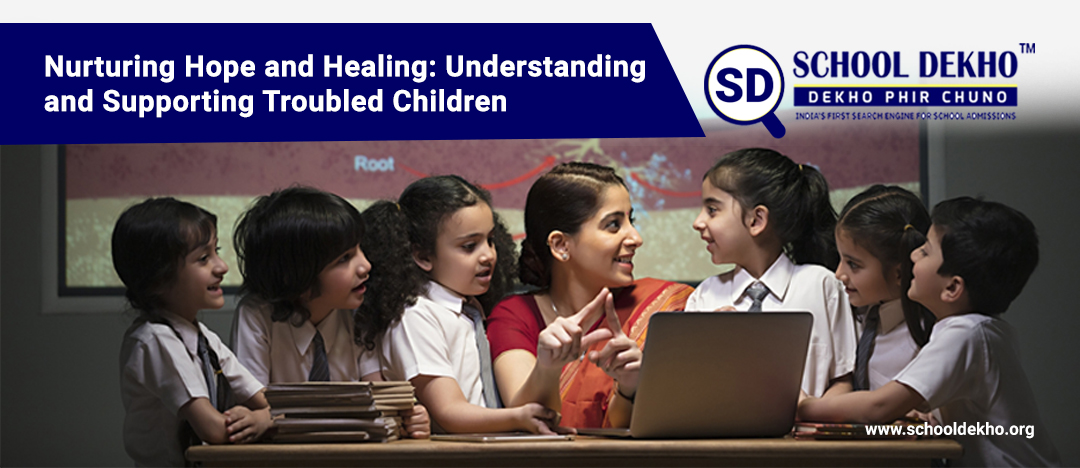
Nurturing Hope and Healing: Understanding and Supporting Troubled Children
In every society, there are children who face challenges that significantly impact their emotional, social, and psychological well-being. These "troubled children" often grapple with complex issues that can stem from a variety of factors, such as trauma, mental health disorders, family dynamics, and environmental stressors.
This article aims to shed light on the experiences of troubled children, explore the root causes of their struggles, and emphasize the importance of providing them with the support they need to overcome adversity.
The Landscape of Troubled Childhood
Troubled children encompass a diverse range of experiences:
-
Trauma and Adversity: Some children endure traumatic experiences, such as abuse, neglect, violence, or loss, which can lead to emotional scars that affect their behavior and mental health.
-
Mental Health Challenges: Anxiety, depression, ADHD, and other mental health disorders can manifest during childhood, impacting a child's ability to function and thrive.
-
Family Dynamics: Troubled children often come from homes marked by instability, substance abuse, domestic violence, or dysfunctional family dynamics, which can contribute to their emotional struggles.
-
Academic Pressure: High expectations and academic pressures can lead to stress, anxiety, and a lack of self-esteem among children who struggle to meet these demands.
-
Peer Relationships: Social isolation, bullying, or difficulties in forming positive peer relationships can lead to emotional distress and a sense of loneliness.
Understanding Root Causes
Addressing the challenges faced by troubled children requires a comprehensive understanding of their root causes:
-
Trauma-Informed Care: Children who have experienced trauma require sensitive and empathetic care that addresses the impact of their experiences on their emotions and behavior.
-
Early Intervention: Identifying and addressing mental health concerns early on can prevent long-term issues from developing, underscoring the importance of accessible mental health services for children.
-
Family-Centered Support: Recognizing the role of family dynamics in a child's well-being is crucial. Providing support to families can foster healthy environments that promote a child's healing.
-
Education and Awareness: Educating teachers, parents, and communities about the challenges faced by troubled children can help create a supportive network that understands and responds to their needs.
The Role of Supportive Environments
A significant aspect of helping troubled children involves creating environments that foster growth, healing, and empowerment:
-
Mental Health Services: Accessible mental health services, including counseling and therapy, can provide troubled children with the tools they need to cope with challenges and develop resilience.
-
Safe Spaces: Schools and communities can create safe spaces where children feel comfortable expressing themselves, seeking help, and forming positive relationships.
-
Holistic Approach: Addressing the diverse needs of troubled children requires a holistic approach that considers their emotional, physical, and psychological well-being.
Supporting troubled children is a collective responsibility that demands empathy, understanding, and action. By recognizing the complex challenges they face and the diverse factors contributing to their struggles, we can create environments that promote healing, growth, and resilience. Every child deserves the opportunity to overcome adversity and thrive, and by providing them with the support they need, we can contribute to their journey toward a brighter and more hopeful future.
Contact with Us
Call: 1800 - 2588 - 074
Mail: info@schooldekho.org
Student’s Best Education Portal | School Dekho | India's First School Search Engine | Best Schools Near Me | Find Schools Near Me | Dekho Phir Chuno
#dekhophirchuno







Leave your thought here
Your email address will not be published. Required fields are marked *